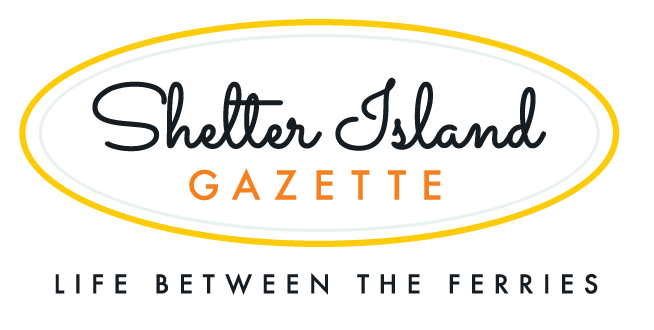
By digitizing the James Havens Ledgers, and other records, the Shelter Island Historical Society provides anyone with an internet connection a peek into lives lived here long ago.
For instance, in the ledgers, there is a 1767 entry for Sarah Havens, a widow. She purchased tea, sugar, rum, and handkerchiefs. Also noted were bills for school tuitions for William, Ezekiel, and Peter and an invoice for work by Joseph Case. The year’s last entry is for “cash sent.”
According to notes on the right side of the ledger, she settled the account with mutton, tallow, cheese, and wheat deliveries in equal value to what she owed.
The ledgers recorded transactions from 1765 to 1768 and from 1770 to 1779. That’s when Havens and his wife, Elizabeth, occupied the family homestead that is now the centerpiece of the Shelter Island History Center.
During their tenure in the house (which they called “Heartsease”), the couple raised 11 children. The home was also a store, a tavern, a school, the post office, and the town meeting hall. It served a community of 27 households, the Historical Society says.
Captain Havens was a privateer during the war for independence. And a representative of Suffolk County in the New York Provincial Congress of 1776.
Digitized Shelter Island records
The ledgers of James Havens’ business operations are among a group of documents that the Historical Society recently digitized.
Students at Long Island University’s Palmer School of Library and Information Services digitized the works (hosted on the school’s website). The Robert David Lion Gardiner Foundation provided funding for LIU’s $1.5 million Digitizing Local History project.
“We are so lucky to be included in the Digitizing Local History Sources project,” the Historical Society said in a recent email to supporters.
Here are links to the Historical Society’s recently digitized documents:
- James Havens Ledgers (1765 – 1768) and (1770-1779)
- Shelter Island Presbyterian Church Records (1785 – 1899), with church registries and meeting minutes
- Daybook (1792-1793)
- Four Ship’s Logs and Journals (1822 – 1826)
Feel free to explore them at your leisure. If you have questions or want to check out historical artifacts in person, stop by the History Center. Regular hours are Wednesday through Saturday, 10 AM to 2 PM.
About the project
LIU announced the five-year project and website in June. It offers the public access to over 51,000 images from 40 participating historical societies across Long Island.
In all, 105 master’s and doctoral students at LIU took part since the project launched in 2017.
“Students of the Palmer School have become world-renowned archivists, historians, and librarians,” said LIU President Kimberly R. Cline. “I am proud that Long Island University can offer them a unique experiential learning opportunity that will forever preserve the history of our beloved Gold Coast region and beyond.”
LIU describes the collection as documenting “the breadth of life on Long Island.” Digitized records include:
- diary of a 1920s schoolgirl
- daily calendar of a World War II school superintendent
- daily account book of an 18th-century blacksmith
- advertising scrapbooks from a quintessential Long Island department store
- 17th-century deeds
- 20th-century real estate agent records
- photos of early 1900s automobile races
- scrapbooks documenting the destruction caused by the Hurricane of 1938, and the lives wealthy Gold Coast residents and Fire Island community members
“Long Island’s historical societies’ archival collections are among their most valuable assets,” said Kathryn M. Curran, executive director of the Robert David Lion Gardiner Foundation.
The partnership “offers students hands-on archival training while introducing our historic stewards to the best practices in handling and accessing their incredible resources,” Curran said.
“Having these collections available online will now easily expand research capabilities into Long Island’s rich heritage,” she said.
Visit this link to access the entire “Digitizing Local History Sources” project.




